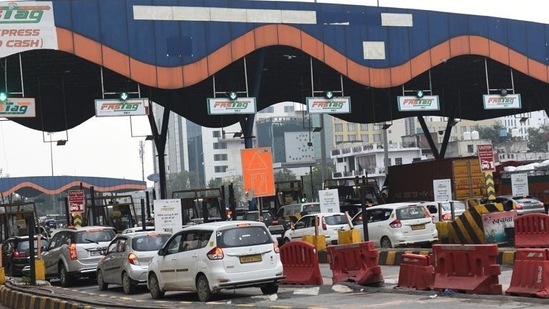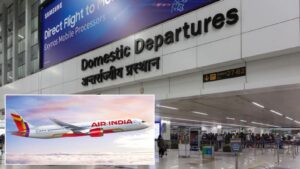Important Update! Pay Toll Only for the Distance You Travel – How Will the New Toll Policy Work?

Important Update! Pay Toll Only for the Distance You Travel – How Will the New Toll Policy Work?
New road tax policy may charge motorists based on actual distance travelled; government also exploring annual unlimited travel pass
The Ministry of Road Transport and Highways is preparing to introduce a transformative toll collection policy that would charge vehicle owners based on the exact distance travelled on national highways, replacing the current slab-based tolling method. Under the proposed kilometre-based model, toll charges would no longer be uniform across entire toll stretches, marking a significant shift toward dynamic, usage-based pricing.
Currently, FASTag enables digital toll payments across more than a thousand toll plazas across India. Whether a driver travels five or fifty-nine kilometres, they often pay the same toll amount, as charges are based on fixed highway segments of approximately 60 kilometres. However, under the new system, toll charges would correspond precisely to the number of kilometres covered by a vehicle.
The upcoming mechanism will rely on Automatic Number Plate Recognition (ANPR) technology, which uses high-resolution cameras to monitor vehicle movement at entry and exit points. The cameras will register number plates and trigger toll deductions from FASTag-linked bank accounts once the system calculates the actual distance travelled. This eliminates the need for physical toll booths and reduces fuel wastage caused by congestion and idling.
While there is no official timeline for implementation, reports indicate that pilot projects and policy drafts are under review. The government is expected to incorporate advanced toll infrastructure nationwide to support this kilometre-based billing, with FASTag scanners and ANPR cameras forming the backbone of the system.
The transition to per-kilometre tolling also aims to address longstanding concerns over fairness and transparency. By charging motorists only for the road they use, short-distance travellers will likely benefit from significantly reduced toll costs. The change could also reduce disputes over incorrect deductions and mismatched toll charges.
In a parallel development, the government is exploring the idea of an Annual FASTag Pass, which would allow unlimited travel across national highways for a flat fee, potentially around ₹3,000 per year. This pass is being considered as a value-driven option for frequent highway users, streamlining the payment process and encouraging greater usage of digital toll infrastructure.
The proposed system also opens the door for barrier-free tolling, eliminating the need for traditional toll booths altogether. With cameras and FASTag integration doing the work of toll collection, traffic flow is expected to improve considerably, particularly on busy expressways.
If successfully implemented, India’s new tolling policy would represent a major step forward in aligning the country’s road infrastructure with global best practices in transport technology and digital governance.










